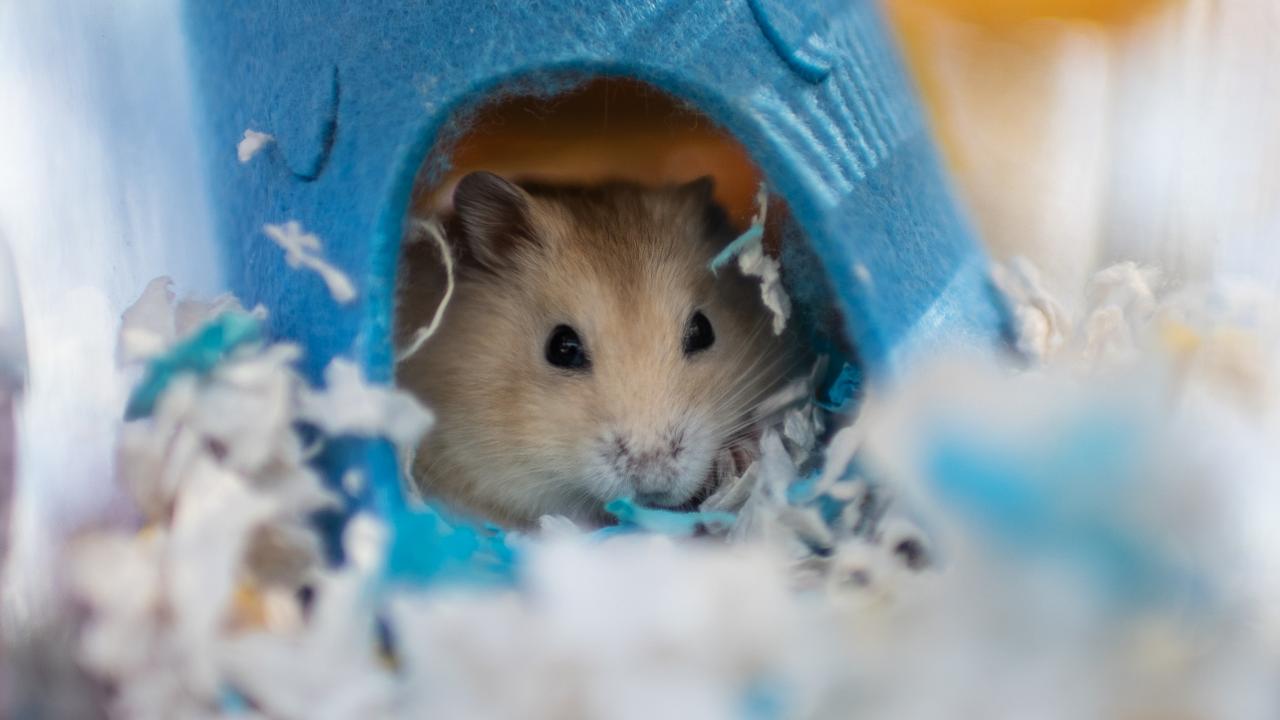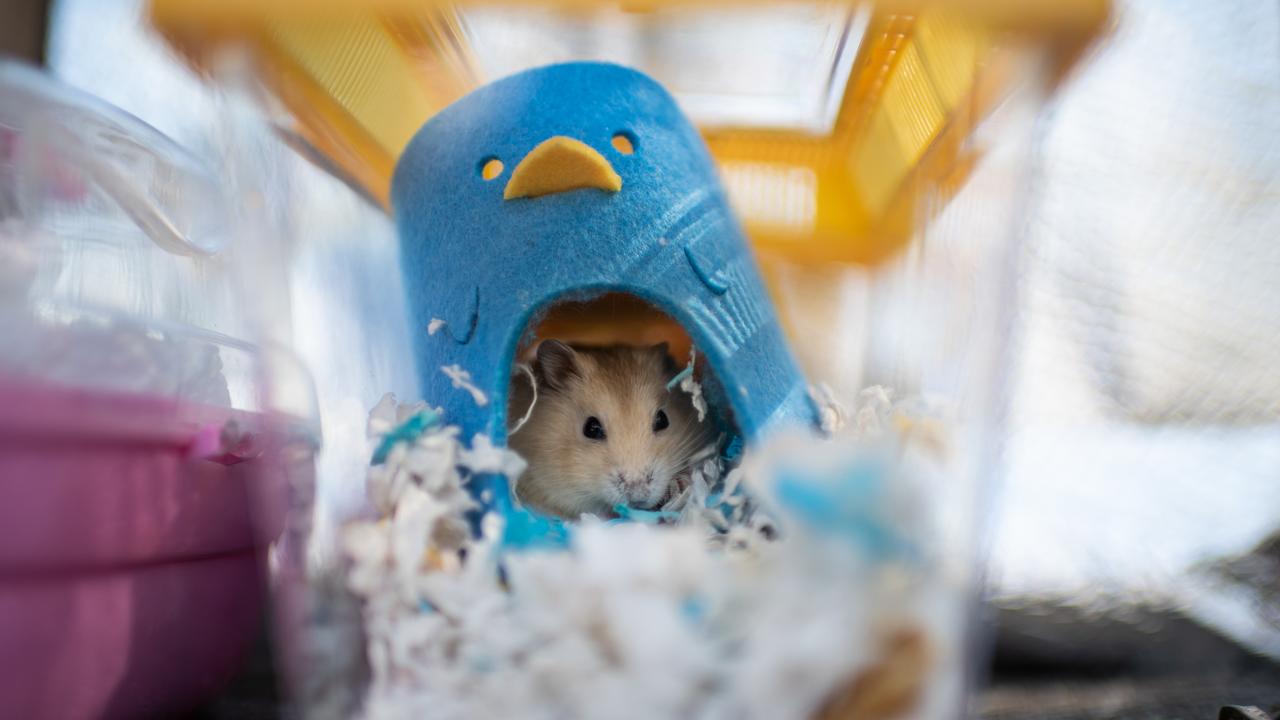Surprising culprit behind Delta outbreak in Hong Kong
Researchers from a country with a zero-Covid strategy say they’ve uncovered world-first data on a unique way the virus can spread.

Humans can catch Covid from pet hamsters and they were likely the cause of a Delta outbreak in Hong Kong, new research suggests.
After a 23-year-old pet store worker tested positive to Covid on January 15, researchers collected viral swabs and blood samples from animals in the pet shop and the warehouse supplying it.
There had been no locally acquired infections with the Delta variant since October.
The study, which is yet to be peer reviewed, found more than half of the Syrian hamsters in the pet shop (8 out of 16) and warehouse (7 out of 12) were positive.
But none of the other animals including dwarf hamsters, rabbits, Guinea pigs, chinchilla and mice were.
Stream the latest news on COVID-19 with Flash. Stream more than 20 global & local news sources. New to Flash? Try 14 days free now>

According to the study, both genetic and epidemiological results strongly suggested that there were two independent hamster-to-human cases of transmission and that such events can lead to onward human transmission.
The report said importation of infected hamsters from the Netherlands was the most likely source of virus infection and the pet animal trade may move Covid across international borders.
Co-author Leo Poon, a virologist at the University of Hong Kong, told Nature “to be fair to the hamsters”, people are still much more likely to be infected by each other than by pets.
Hamsters are only the second animal known to be able to infect people, after mink, according to the science journal.
It was already known hamsters could be infected with Covid in laboratory settings and the animals are often used in research.

The Delta outbreak in Hong Kong infected about 50 people and led to the government culling thousands of hamsters across the city.
Many criticised the cull, claiming there was no evidence that animals played a significant role in spreading the virus.
Resistance groups assembled on the Telegram messaging app to share updates and nearly 3000 people volunteered to house the affected hamsters, according to The Washington Post.
After minks were found to be carrying a mutated virus variant in Denmark in 2020, the country culled its entire 15 million mink population.





